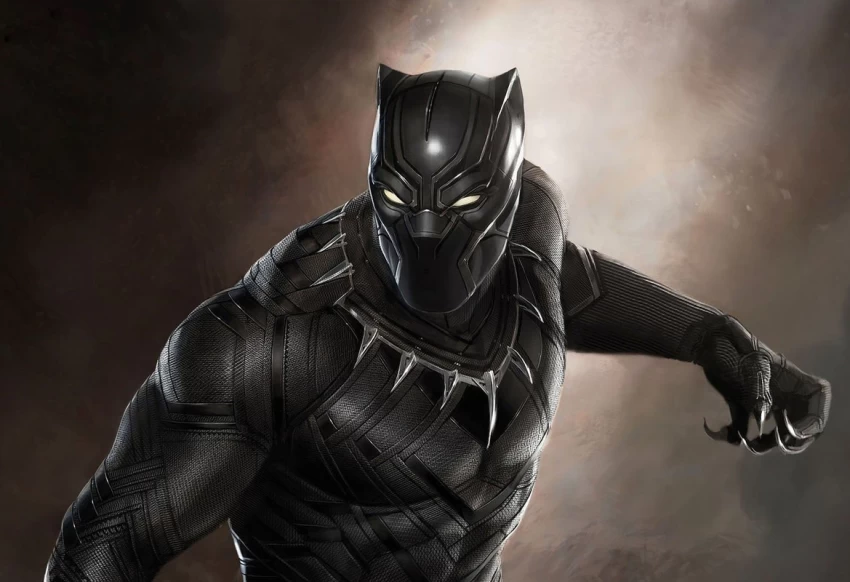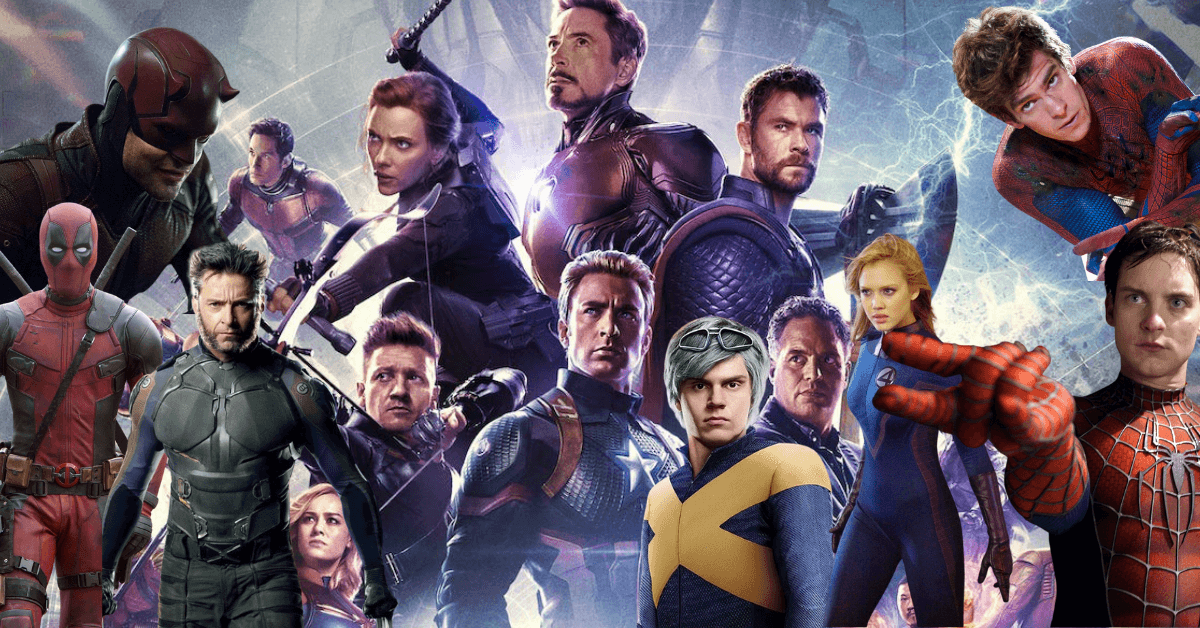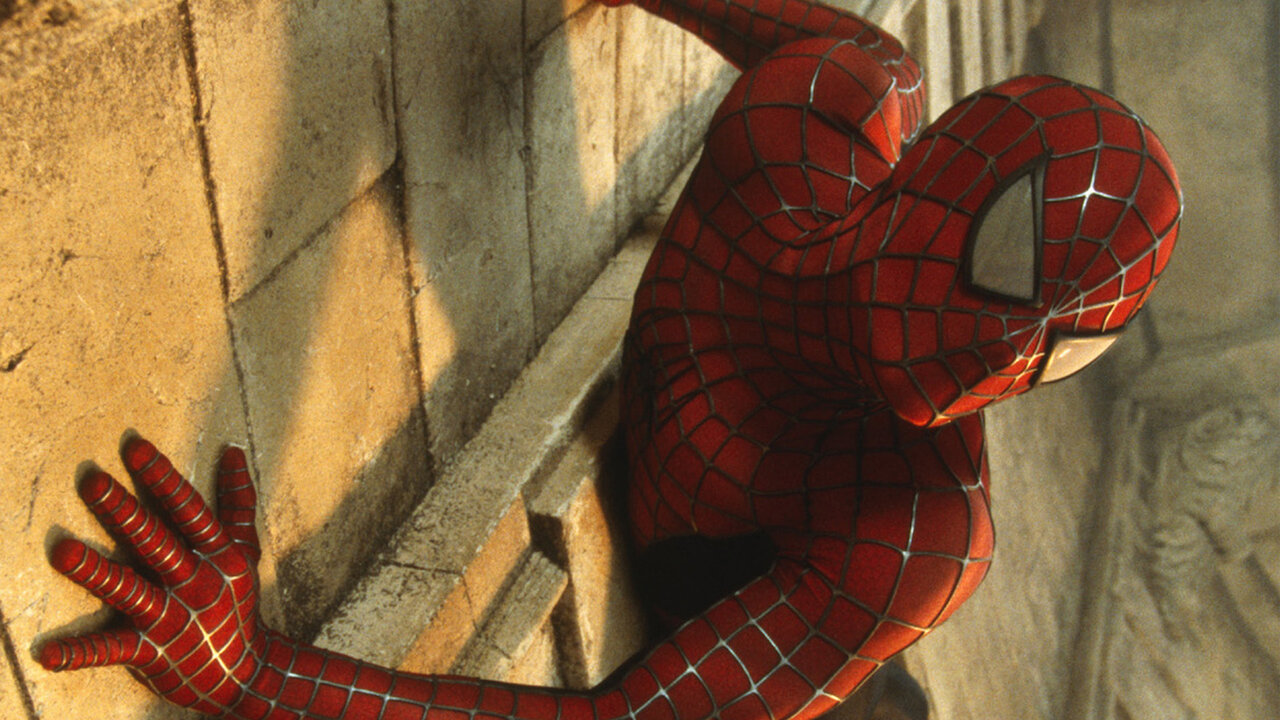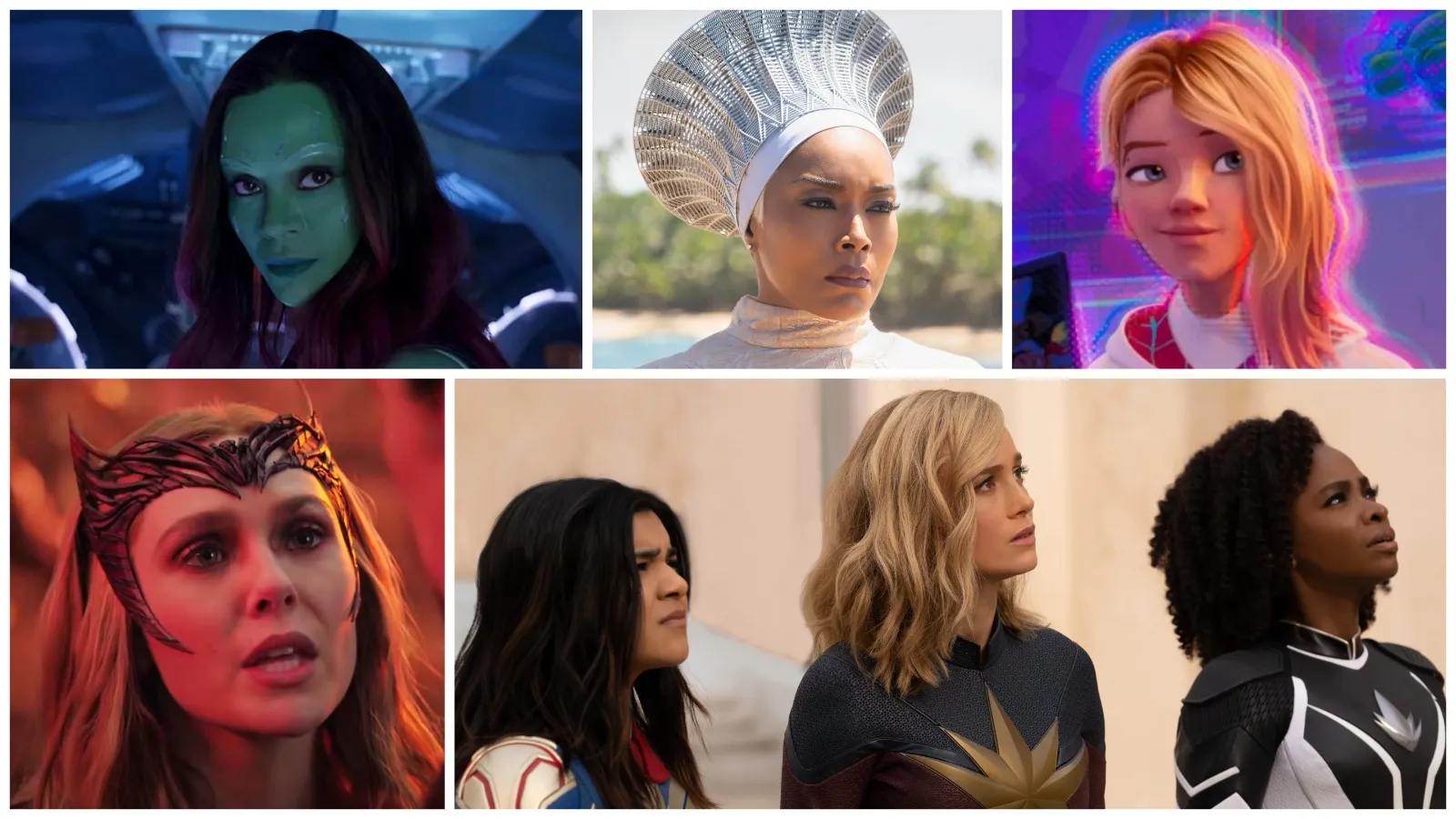Released in 2018, Black Panther quickly became a cultural phenomenon that transcended the world of cinema. Directed by Ryan Coogler and produced by Marvel Studios, the film shattered box office records and became a powerful symbol of diversity, representation, and empowerment. Featuring a predominantly Black cast and showcasing an African-centered superhero narrative, Black Panther was celebrated not only for its action-packed storyline but for its significant cultural impact on global audiences.
A Groundbreaking Moment for Representation
Black Panther was groundbreaking in many ways, but its most profound impact was its portrayal of African culture and its focus on Black identity. For decades, superhero films have been dominated by White protagonists, and Black characters often found themselves relegated to supporting roles or stereotypes. Black Panther broke this mold by placing a Black superhero, T’Challa (played by Chadwick Boseman), at the center of its narrative.
Wakanda, the fictional African nation at the film’s heart, was depicted as a technologically advanced and prosperous civilization untouched by colonization. This portrayal was a stark contrast to the often-neglected representation of Africa in mainstream media, which frequently focuses on poverty, conflict, and underdevelopment. By showing Africa as a vibrant, powerful, and progressive force, Black Panther offered a refreshing and empowering narrative for people of African descent, particularly those in the African diaspora.
The film’s emphasis on African heritage was also seen in its costume design, music, and language. The filmmakers drew inspiration from various African cultures, integrating elements of traditional African art, clothing, and architecture into the film’s visual style. Composer Ludwig Göransson’s score, which blended orchestral music with African rhythms and instruments, helped bring the world of Wakanda to life. Using the Xhosa language also added authenticity to the film’s cultural representation.
Empowerment Through Strong Female Characters
Another crucial aspect of Black Panther’s cultural impact was its portrayal of strong, complex female characters. From the brilliant scientist Shuri (Letitia Wright) to the fearless warrior Okoye (Danai Gurira), the women in Wakanda were not relegated to supporting roles but were integral to the film’s narrative and action. These characters defied the traditional portrayals of women in superhero films, offering a refreshing and empowering vision of female strength and intelligence.
Shuri, in particular, broke new ground as a young Black woman in a STEM (Science, Technology, Engineering, and Math) role. As the tech genius behind much of Wakanda’s advanced technology, she became a role model for young girls, especially those of African descent, showing that they could excel in fields often underrepresented by women and people of color. The film’s focus on these strong female characters was a crucial moment for gender representation, as it provided a much-needed alternative to the often one-dimensional roles typically given to women in blockbuster films.
A Global Cultural Phenomenon
The success of Black Panther extended far beyond its box office numbers. It sparked essential conversations about race, representation, and identity on a global scale. The film resonated with audiences worldwide, particularly in the Black community, as it offered a narrative celebrating African heritage while addressing issues of identity, leadership, and power. Many Black viewers saw themselves reflected in T’Challa, Shuri, and other characters in a way they had never experienced before in superhero media.
In particular, the film resonated with African Americans, who embraced Black Panther as a superhero movie and as a celebration of their cultural roots. The film’s success helped to shift the conversation in Hollywood, proving that movies centered around Black stories could be both commercially successful and critically acclaimed. Black Panther’s cultural significance was recognized with numerous accolades, including Academy Award nominations, a historic win for Best Costume Design, and a nomination for Best Picture.
The film also inspired movements such as “Wakanda Forever,” a phrase that became a rallying cry for unity and pride within the Black community. Black Panther became a symbol of cultural pride, allowing people of African descent to connect with their heritage in ways that were impossible in mainstream film.
Shaping the Future of Hollywood
Black Panther was a moment of celebration and a catalyst for change. Its success paved the way for other films with diverse casts and African-centered narratives, proving that audiences were hungry for more stories that reflected their lived experiences. It also called attention to the need for greater diversity in the film industry, both in front of and behind the camera. The film’s success led to a new wave of filmmakers and actors from diverse backgrounds eager to share their stories and perspectives with the world.
Moreover, Black Panther helped to shift Hollywood’s approach to diversity and inclusion. The film’s massive success demonstrated that representation is essential and commercially viable. As a result, studios began to take more significant risks in producing films with diverse casts and stories that reflect a broader range of experiences. The film industry continues to feel the ripple effects of Black Panther’s cultural impact as more and more films with diverse voices and perspectives are being brought to the forefront.
Conclusion
Black Panther’s cultural impact cannot be overstated. It shattered stereotypes, celebrated African culture, and empowered people of African descent worldwide. Through its portrayal of complex characters, rich world-building, and thought-provoking themes, the film became more than just a superhero movie; it became a cultural touchstone. By offering an entertaining and socially relevant narrative, Black Panther sparked essential conversations about race, identity, and representation that continue to shape the future of Hollywood and beyond. The film remains a celebration of diversity, proving that storytelling has the power to challenge perceptions and inspire change on a global scale.




